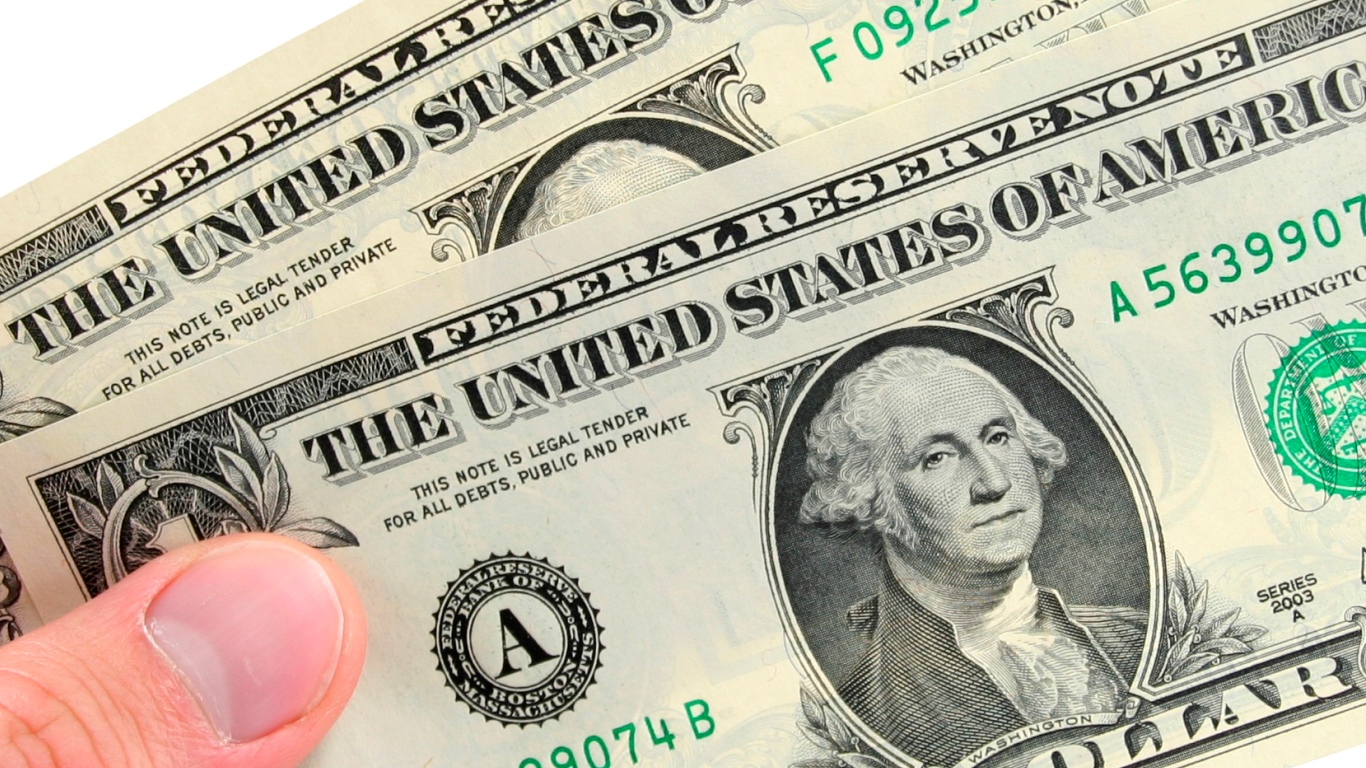Media
What a Monthly Price Hike Really Means for Netflix and Its Bottom Line

Published:
Last Updated:

Inflation may be tame, and many companies may not have endless pricing power as the economic readings have come in soft in recent weeks. Just don’t bother applying that to the mighty Netflix Inc. (NASDAQ: NFLX). Reed Hastings and his team are now said to be increasing prices for the streaming media service for 2019.
Without surprise, Netflix shares have surged even higher on Tuesday, after gains of 24% so far this year alone. The hikes are also ahead of Thursday’s crucial earnings report. Price hikes will phase in over the coming months for existing subscribers but will become effective immediately for new subscribers.
Netflix is raising its prices by 13% to 18%. Its most popular monthly service plan will rise to $12.99 from $10.99. The base plan will rise to $8.99 from $7.99 and the premium plan will rise to $15.99 from $13.99.
According to MarketWatch, these are the biggest price hikes ever made by Netflix, and this will result in an additional $1.4 billion in additional domestic sales if all of Netflix’s 58 million subscribers stick with their current plans after the price hike.
Netflix plans to use the proceeds from the price hike to pay for creating additional films and TV shows. The company has plans of a cash burn of about $3 billion in 2019 as it keeps creating more and more content.
While the company is unlikely to lose subscribers in the double-digit percentages, price hikes have created customer backlash, as seen back in 2011 when the company moved to distance itself from actual DVD rentals and focus on streaming. Its most recent hike was in October of 2017.
Netflix obviously believes it has pricing power. Many analysts have said so in prior research reports over 2018. The move is also ahead of the coming streaming service from Walt Disney Co. (NYSE: DIS), in which Disney will be exiting its pact with Netflix and will launch tiers of its own with Hulu and perhaps other services combined.
It is hard to assume that the higher revenues will trickle right down to the bottom line hand-in-hand for Netflix shareholders if the funds are going to solely be used for new content. That said, Thomson Reuters has consensus revenue estimates of $15.8 billion in 2018 and almost $19.9 billion in 2019. The earnings per share consensus expectations were last seen at $2.66 for 2018 and $4.14 for 2019.
Consensus estimates for the key fourth quarter, ahead of this Thursday’s earnings release, were last seen at $0.24 per share in earnings and $4.21 billion in revenues. That would compare to $0.41 per share and almost $3.3 billion for the same quarter a year earlier.
How to interpret price hikes being announced ahead of earnings might have led some investors to wonder if the company’s earnings for its past quarter or its static guidance were going to come in lighter than some had expected. If so, Reed Hastings probably just defused that impact.
Netflix shares were last seen up 5.6% at $351.85 in active trading Tuesday morning. Netflix has a 52-week range of $216.32 to $423.21.
Another shot in the streaming video content wars has just been fired.
Thank you for reading! Have some feedback for us?
Contact the 24/7 Wall St. editorial team.